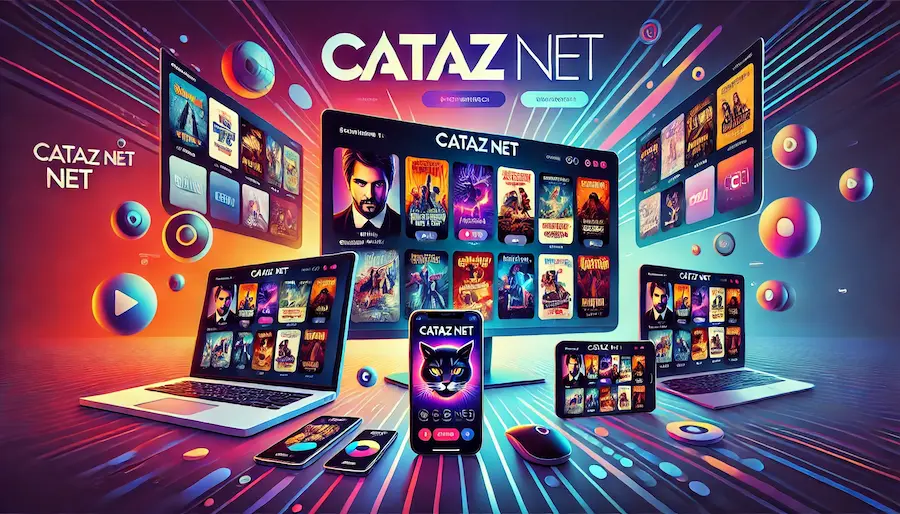Looking for the best internet providers in Houston, TX? An ISP is a service provider that provides access to the internet. They sell network bandwidth to Tier 2 ISPs and throttle internet speed to prevent congestion in the network. They also regulate traffic. In this way, they are able to keep the network running efficiently. However, many people don’t know what their actual role is. Here are the most critical aspects of an ISP’s job. If you are interested in finding out more, read on!
Table of Contents
They provide access to the internet
Internet service providers (ISPs) are the companies that provide access to the World Wide Web. There are many internet connections, ranging from cable and fiber to high-speed broadband and non-broadband. High-speed connections must meet the minimum requirements set forth by the Federal Communications Commission (FCC) of 25 megabits per second for download and three megabits per second for upload. ISPs are often referred to as “Internet Service Providers” (ISPs), and their offerings differ based on size and scope. Some ISPs are local, while others are national or regional.
ISPs provide access to the internet by connecting to other ISPs. These “Tier I” ISPs are interconnected and share common network infrastructure. Their main function is to provide service to dozens or hundreds of clients. All of these companies do not possess enchanted gear. Instead, they use the same infrastructure to connect large internet connections to their clients. A typical ISP can provide access to the web to hundreds of people.
They throttle internet speed to clear network congestion
One of the ways Internet providers slow down connections is to conserve network space and reduce congestion. As a result, they throttle data during times of high network usage, typically between 7 PM and 10 PM, when most people are online after work or school. In addition, some ISPs impose data limits, so your speed will be throttled to prioritize other customers if you go over your limit. You should avoid exceeding your data cap, though, because this could result in service disruptions.
Slowing down speeds isn’t limited to video streaming but also to web browsing and other online activities. It can be used for various reasons, ranging from minor problems like bandwidth consumption to suspected illegal activity. Unfortunately, most ISPs don’t share details about why they throttle users, so you may never know why you’re experiencing slow speed.
They sell network bandwidth to Tier 2 ISPs
Unlike Tier 1 ISPs, Tier 2 ISPs are smaller and often have limited geographic coverage. As a result, their networks are limited in their ability to reach every user, so they often purchase network bandwidth from Tier 1 ISPs. These Tier 2 ISPs often sell this bandwidth to Tier 3 ISPs, which in turn sell it to end-users. Some Tier 2 ISPs also sell their network bandwidth directly to users.
Tier 1 ISPs have the largest reach since they own sufficient physical network lines to carry most of the world’s traffic. But these networks are not the only ones selling network bandwidth. Tier 2 ISPs connect to tier 1 and tier 3 ISPs. Moreover, they are typically smaller regional and national providers that offer services in more than two continents. However, their access speeds are often lower because they are only a single router hop from the Internet backbone.
They regulate traffic to clear network congestion
Many companies experience slow internet connections. The reason for this may be several-fold. First, companies are over-subscribed, resulting in too many users on the network. These over-subscriptions cause inherent delays in data packets. Congestion is similar to public roads during rush hour: the more users on a network, the more congestion it creates. To avoid network congestion, companies should limit the number of users they have on their network.
Second, network congestion is a severe problem for CSPs. It can be difficult to predict network usage in advance. CSPs are constantly changing traffic management, and users could be negatively affected. Furthermore, traffic management practices are often manipulated for nefarious reasons. In light of this, policy oversight is necessary. But the FCC should be the final arbiter. Although both sides are vested in maximizing their profits, the FCC has a role to play in protecting consumers.
They filter out pornography
Internet providers filter out pornography through different mechanisms. Filters can be network-based, server-based, or client-based. All of these types block pornographic content differently. The best way to protect children from pornography on the internet is to install a filter on their computers. If you’re unsure how your Internet provider filters out pornography, read for more information. If you’re worried about your child’s safety, consider using a free software solution like AdLock or a commercial ad blocker like Blockoon.
The media have widely condemned ISPs’ filtering of pornography, but it’s a logical step toward ensuring child safety. In the United Kingdom, Prime Minister David Cameron has imposed a new law that puts the responsibility of blocking pornography on ISPs. However, an initiative similar to this has gained momentum in the US as a petition to President Barack Obama has more than 36,000 signatures. If this petition receives 100,000 signatures, President Obama will respond. However, many internet users in the UK feel that censorship should be left up to parents, so they are adamantly opposed to the US initiative.
Read also: Key Things New Users Should Know About Windows 10
























































































































































































































































































































































































































































































































































































































































































































































































































































































































































































































































































































































































0